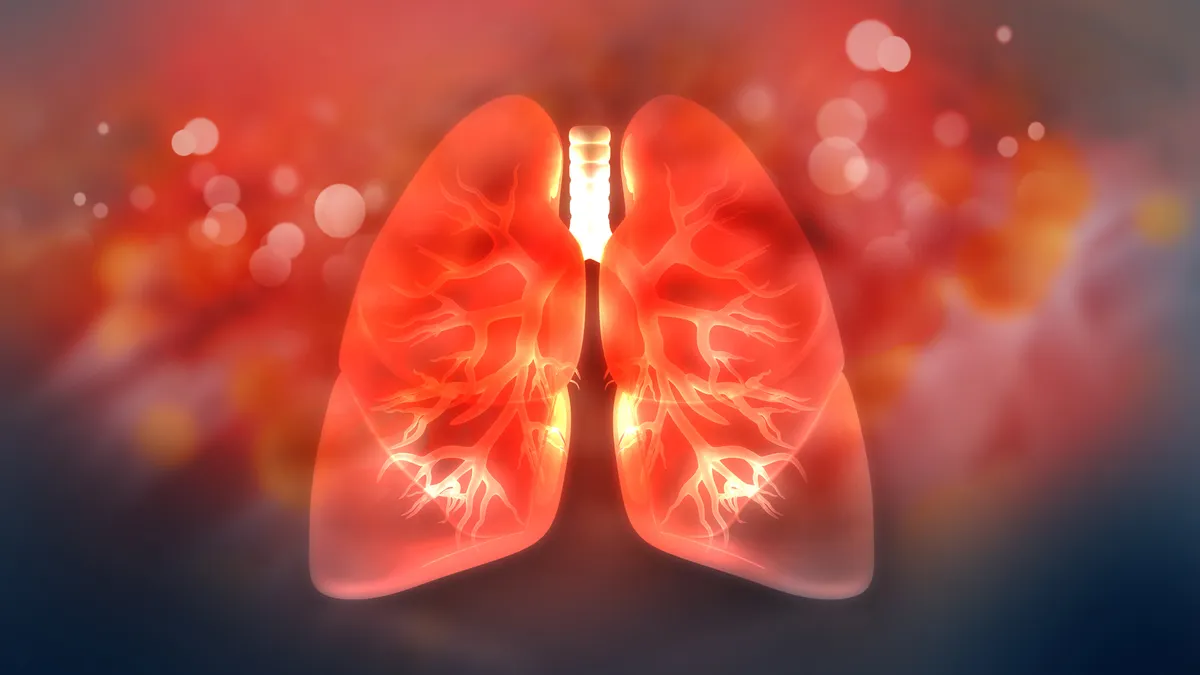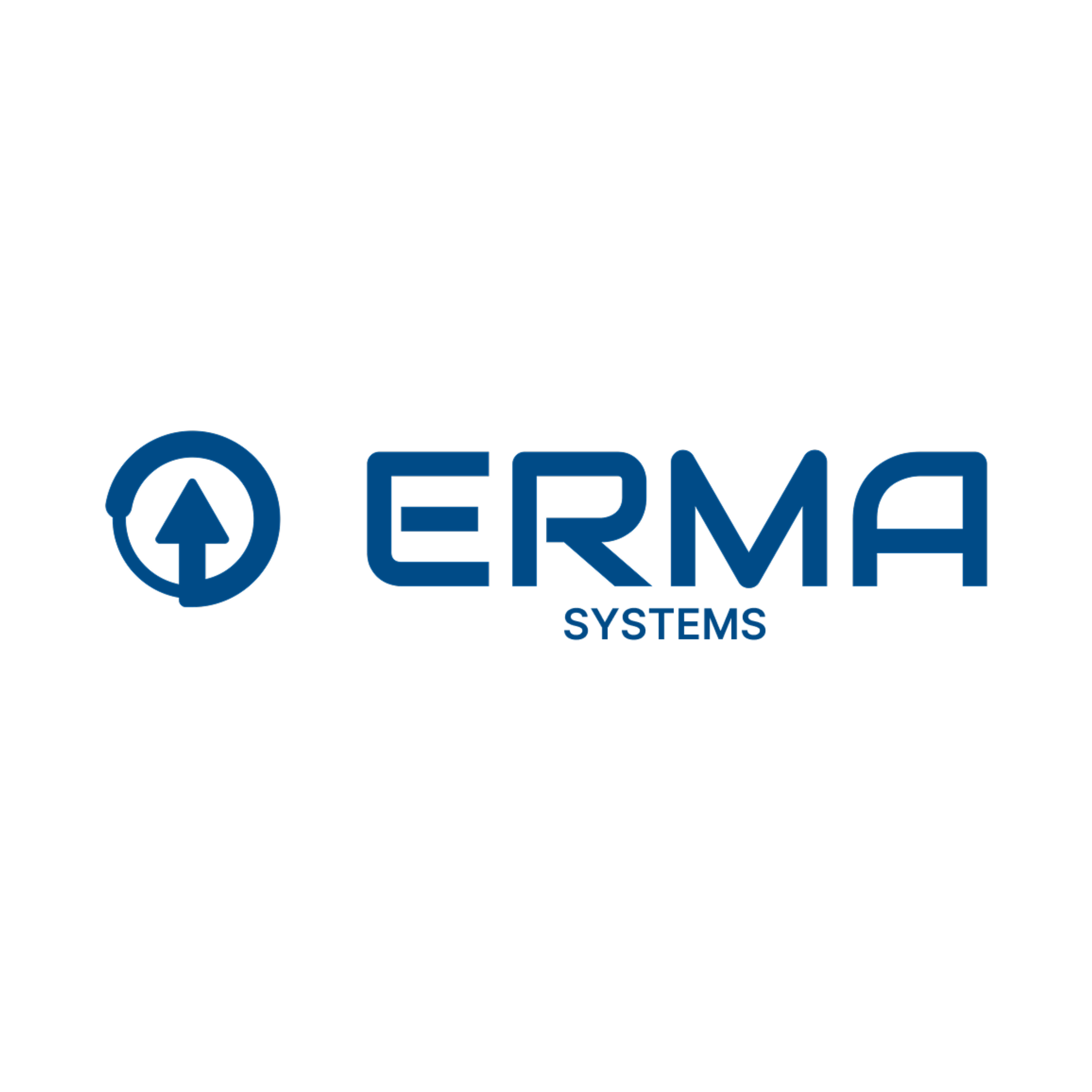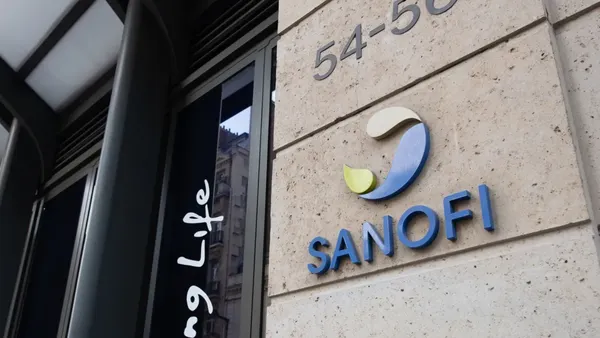A closely watched biologic drug for chronic obstructive pulmonary disease failed one of two large, late-stage studies, sending shares in its developers, Regeneron Pharmaceuticals and Sanofi, sliding downward Friday.
While the drug, called itepekimab, met its goal in the other trial, the split findings cloud the prospects for Regeneron and Sanofi to seek approval on the basis of the current data. Instead, they may be forced to run a third Phase 3 study, analysts said, adding both time and cost to the therapy’s development.
Regeneron shares were especially under pressure Friday morning, falling by more than 17%. The biotechnology company also faces lower-cost competitors to one of its top-sellers, the eye drug Eylea, and an end-of-decade patent expiration for another, the inflammatory disease treatment Dupixent. Sanofi shares slumped by about 6% in Nasdaq trading.
“COPD usually requires two positive Phase 3 results for regulatory approval, so we think one hit and one miss is unlikely to pave the way for commercialization,” Baird analyst Brian Skorney wrote in a client note.
Brian Abrahams, of RBC Capital Markets, expects “at the very least” an additional late-stage study will be necessary. “If [Regeneron] and [Sanofi] are able to identify clear reasons for the divergent results, this may help the probability of success for a third [trial], but there would still be risk,” he added in a separate note to investors.
Regeneron and Sanofi, who are longtime development partners, designed the two trials of itepekimab similarly. Called AERIFY-1 and AERIFY-2, they each enrolled about 1,000 former smokers aged 40 years to 85 years who had moderate-to-severe COPD. Participants, who continued to take corticosteroids and other inhaled therapies, were randomized to receive different itepekimab doses or placebo.
In the first study, treatment with itepekimab reduced the annualized rate of moderate or severe COPD attacks by 27% versus placebo on the every-two-week drug dose and 21% on the once-monthly dose at one year. Both reductions were statistically significant.
But in the second, itepekimab every two weeks only reduced these so-called exacerbations by 2%, while the once-per-month dose lowered them by 12%. Neither result was statistically significant.
“While we are encouraged by the results of AERIFY-1, the results of both studies merit further exploration to have a full understanding of the data and the role that IL-33 plays in this complex disease,” Houman Ashrafian, Sanofi’s head of R&D, said in a statement. An immune protein, IL-33 is itepekimab’s target.
Notably, the percentage reduction in attacks was greater at six months than it was at one year in both trials, raising questions about the durability of benefit.
“We don't have a particular hypothesis for why IL-33 inhibition would have an early positive effect followed by an acceleration in exacerbations but for a chronic treatment, we think it is something that would need to be clearly elucidated in longer studies,” Skorney wrote.
The companies said they are reviewing the data and plan to discuss it with health regulators. They noted that there were fewer COPD attacks overall in the studies than they had expected, decreasing the statistical “power” necessary for researchers to draw conclusions about inter-group differences. One possible reason, they hypothesized, was that enrollment mostly took place during the pandemic, potentially contributing to lower attack rates.
Overall side effect rates were similar between the itepekimab and control groups, as were the rates of serious infections at about 7% to 10% across all arms in the two studies. Between 1% and 3% of adverse events led to death in the itepekimab arms, compared to 2% in the control cohorts.
While itepekimab’s future is now murkier, Regeneron and Sanofi do have a marketed COPD therapy in Dupixent, which won U.S. approval for that use last September. They were joined recently by GSK, which earlier this month secured regulatory clearance for its biologic COPD therapy Nucala.
AstraZeneca, Roche and GSK are also developing IL-33 drugs for COPD, according to Jefferies analyst Andrew Tsai, although GSK’s project is only in Phase 1 trials.













